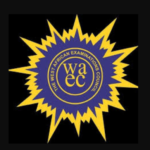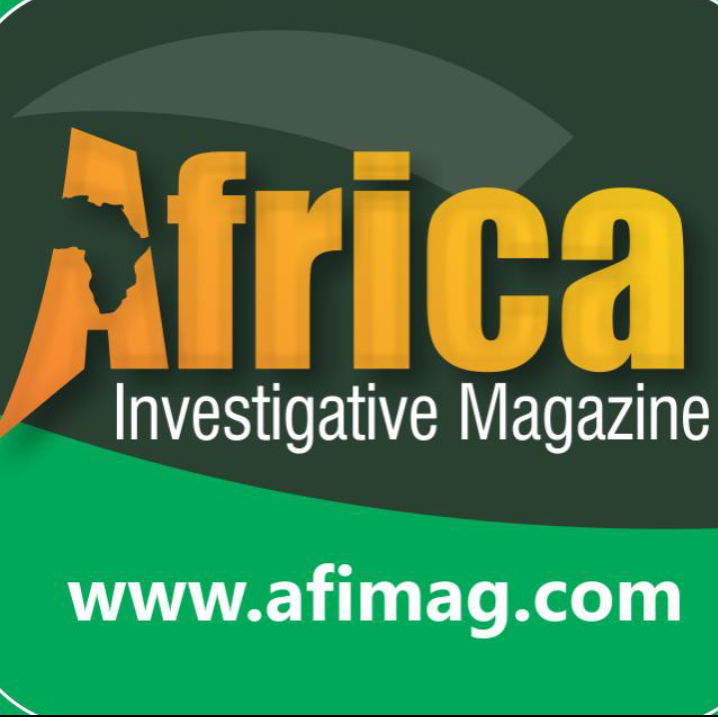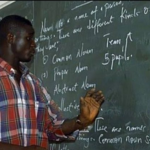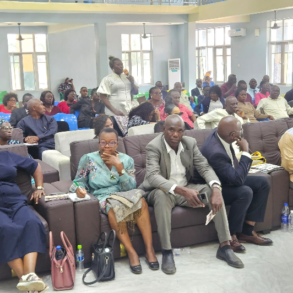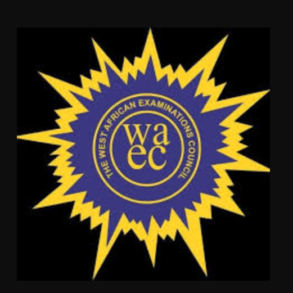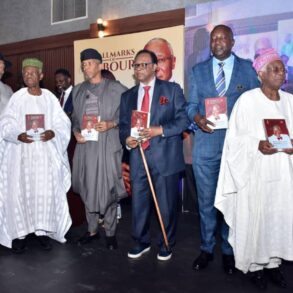HISTORICAL DEVELOPMENT OF SCHOOL SUPERVISION AND INSPECTION IN NIGERIA
INTRODUCTION
Successive governments in Nigeria make education a priority. This gives birth to school supervision and inspection. Though, different states implore different supervision and inspection strategies in school. Most of the states put up sufficient arrangement to effectively oversee classroom activities at all level of education, with major focus on secondary school. While, some states have no interest in establishing necessary measures to monitor instruction in their secondary schools.
Practically, the Delta State government through the Inspectorate Department – a department under the Ministry Of Education ensures efficient management of primary and secondary schools in the state.
Also, the Ondo State Government in 2009 created Quality Assurance Education Agency as a parastatal under ministry of education to supervise instruction in both primary and secondary schools in the state.
The broad goals of secondary education include: the preparation of the individual for useful living within the society and higher education. Thus, in order to achieve the stated goals, there is need for effective supervision of instruction in secondary schools. In general, instructional supervision is geared towards the improvement of the teaching and learning situation for the benefit of both the teacher and the learners.
However, school supervision and inspection has always been regarded as an essential and integral part of school administration and basically geared towards the improvement of all factors in teaching and learning.
In some developed countries like the United Kingdom (UK) and United States, much more attention has been given to inspection than school supervision (Lee, Dig & Song, 2008). The Inspectorate of Education had originated from France under Napoleon’s Regime at the end of the 18th century, and other European counties followed the idea in the 19th century (Grauwe, 2007).
For example, in UK, the first two inspectors of schools were appointed in 1883 (Shaw, Newton, Aitkin & Darnell, 2003) and in the Netherlands it was started in 1801 (Dutch Education Inspectorate, 2008).
The terms “inspector” and “inspection” are still being used in various developed and developing countries, including United Kingdom (UK), United States, European countries and some African countries such as Lesotho, Senegal, Tanzania and Nigeria (Grauwe, 2007).
Supervision of instruction in schools is targeted towards the improvement of teaching and learning processes for the ultimate benefit of the learners who are the center of education. However, what agitates the mind is that despite the emphasis of supervision in Nigerian schools the average opinion is that majority of the students are yet to reach the height of academic excellence.
HISTORICAL DEVELOPMENT OF SCHOOL SUPERVISION AND INSPECTION IN NIGERIA
School supervision and inspection commenced in Nigeria as an approach of improving the existing mission schools established by religious organizations (Ogunsaju, 1988).
It all started as a process of external inspection. According to Onoyase (1988), supervision was characterized by inspection for control and was carried out by laymen in the 18th century. Supervisors in those days were clergies and had little or no background on educational administration and management.
The priest was made a supervisor of school on the basis of the priesthood. School supervisors and inspectors were not trained in the act of supervision. Therefore, had little or no knowledge of the ethics, concept and practice of supervision. Until the control of schools by government in 1967, school supervision was left in the hands of the missionaries.
The missionaries were supervising their own schools using an approach which could be described as administrative supervision.
CONCLUSION
In order to increase the efficacy and efficiency of school inspection, a Director of Education and three zonal inspectors of schools were appointed during the first quarter of the 20th century, giving inspectorate service an unparalleled boost. The current scientific management approach to supervision and inspection undoubtedly had an impact on the growth and restructuring of the inspectorate service.
REFERENCES
- Ezeugo, B (2017). Budgeting in Education Management. Cambridge: Royal
Cambridge Consult Limited.
- net/profile/Nnamdi-Okoroma/publication/273000348_The_Paradigm_For_Effective_School_Supervision_in_Secondary_Schools_in_Nigeria/links)
- fhsu.edu/alj/vol8/iss1/29/#:~:text=Instructional%20supervision%20in%20Nigeria)


